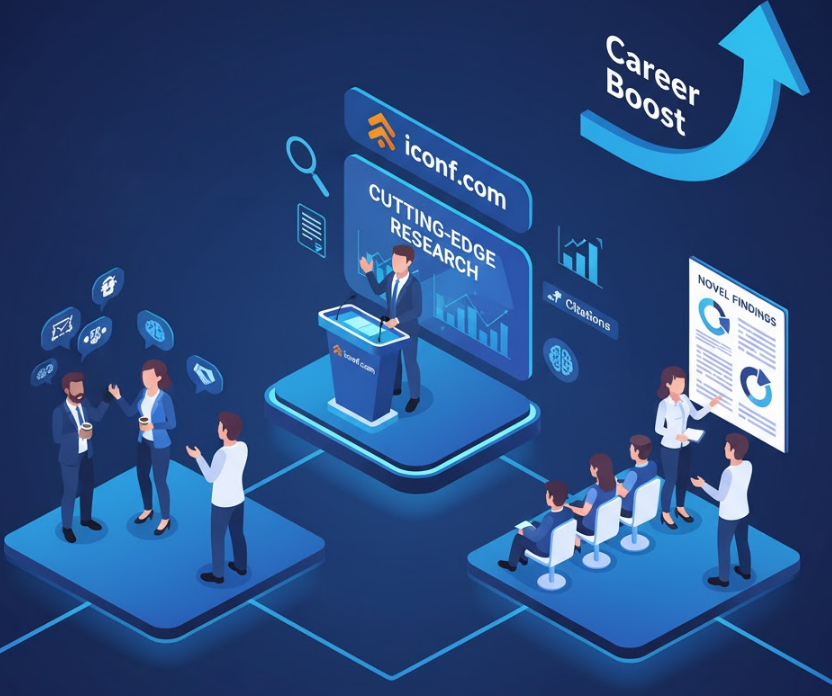

252 views||Release time: Oct 28, 2025
In an age of instant digital collaboration and virtual meetings, some researchers question the value of traveling for an in-person academic conference. However, the unique, high-bandwidth interactions that happen at a physical event provide a host of benefits that virtual-only formats cannot replicate.
Attending a conference is a strategic investment in your research, your career, and your professional network. Here are the key benefits of participating.

This is arguably the most significant benefit. While you can email any researcher in the world, the "hallway conversations"—the informal chats over coffee, the questions after a session, or the discussions at a poster presentation—are irreplaceable.
Build Your Professional Network: You will meet peers, senior researchers, and future mentors. These connections are the foundation of a successful academic career.
Spark Future Collaborations: A casual conversation about a shared research interest can easily evolve into a formal, multi-institutional research project.
Presenting your work is a core part of the scientific process. A conference provides a focused, expert audience to test your ideas.
Gain Invaluable Feedback: The Q&A session after your talk, or the discussions at your poster, provide immediate, critical feedback from experts in your specific niche. This feedback can help you refine your arguments, catch flaws, and prepare your work for a high-impact journal.
Increase Your Research Visibility: Presenting puts your name and your work in front of the key players in your field, building your reputation as an active contributor.
Textbooks, and even journal articles, are often months or years behind the latest discoveries. Conferences are where the most cutting-edge, preliminary, and transformative ideas are first presented.
Learn from Keynotes and Plenaries: Hear directly from the leaders in your field as they present their latest findings and outline future trends.
Discover New Methods and Tools: Technical sessions and workshops offer practical training on new methodologies, software, or experimental techniques that you can take back to your own lab.
For many fields, especially in computer science and engineering, conference publications are a primary and highly respected form of peer-reviewed output.
Gain a Citable Publication: An accepted paper in a conference proceeding is a tangible, citable line on your CV that demonstrates productivity and peer validation.
Fast-Track Your Ideas: The conference review cycle is typically much faster than the journal process, allowing you to get your time-sensitive findings out to the community quickly.
Conferences are a hub for academic and industry recruiters.
Meet Potential Employers: Many senior academics and industry leaders attend conferences looking for promising Ph.D. students, postdocs, or new hires.
Engage with Journal Editors: Editors often attend conferences to scout for promising papers that could be expanded into full journal articles.
To unlock these benefits, the conference itself must be organized, efficient, and professional. A poorly run event with a confusing schedule, a difficult submission system, or logistical failures prevents attendees from focusing on what matters: the science and the connections.
This is why a professional management system is so crucial. When a conference is supported by a dedicated platform like www.iconf.com, it ensures the entire process—from paper submission and peer review to registration and scheduling—is seamless. This professional backbone allows attendees to maximize their investment and fully engage with the academic benefits of the event.
Finally, research can be a long and isolating process. Attending a conference breaks you out of your routine, surrounds you with people who are passionate about the same topics, and can provide a powerful boost of motivation and inspiration to carry you forward.